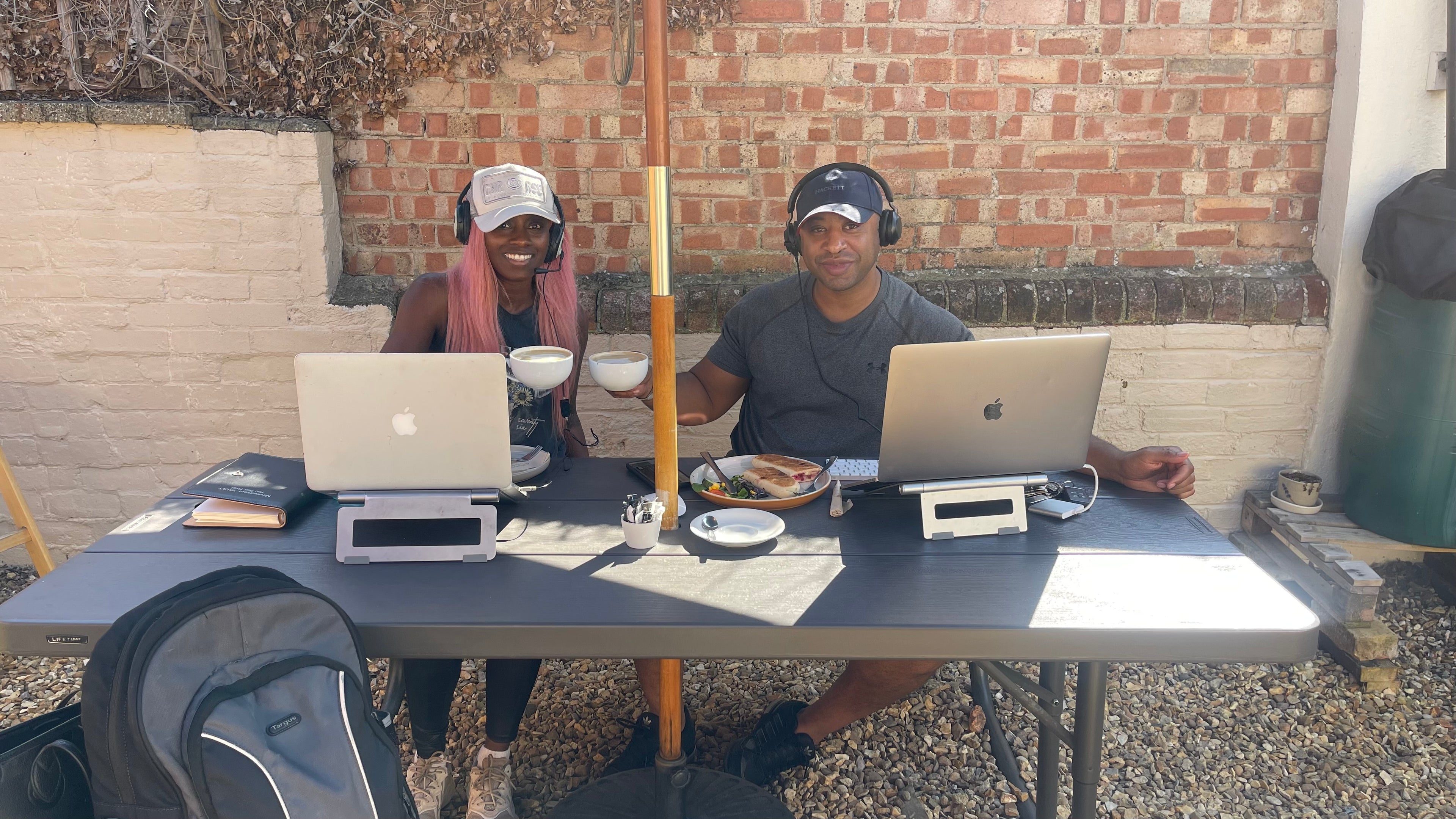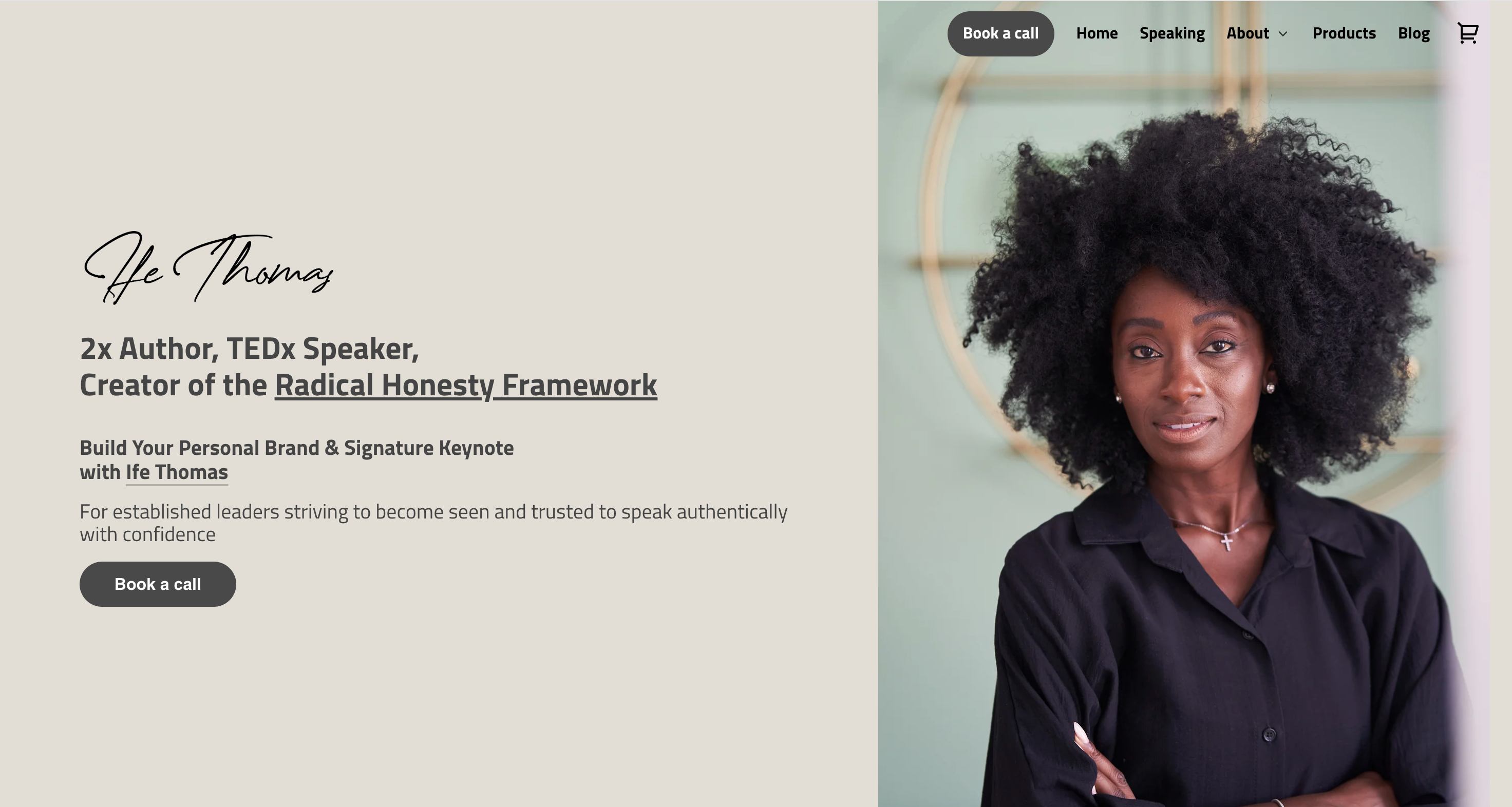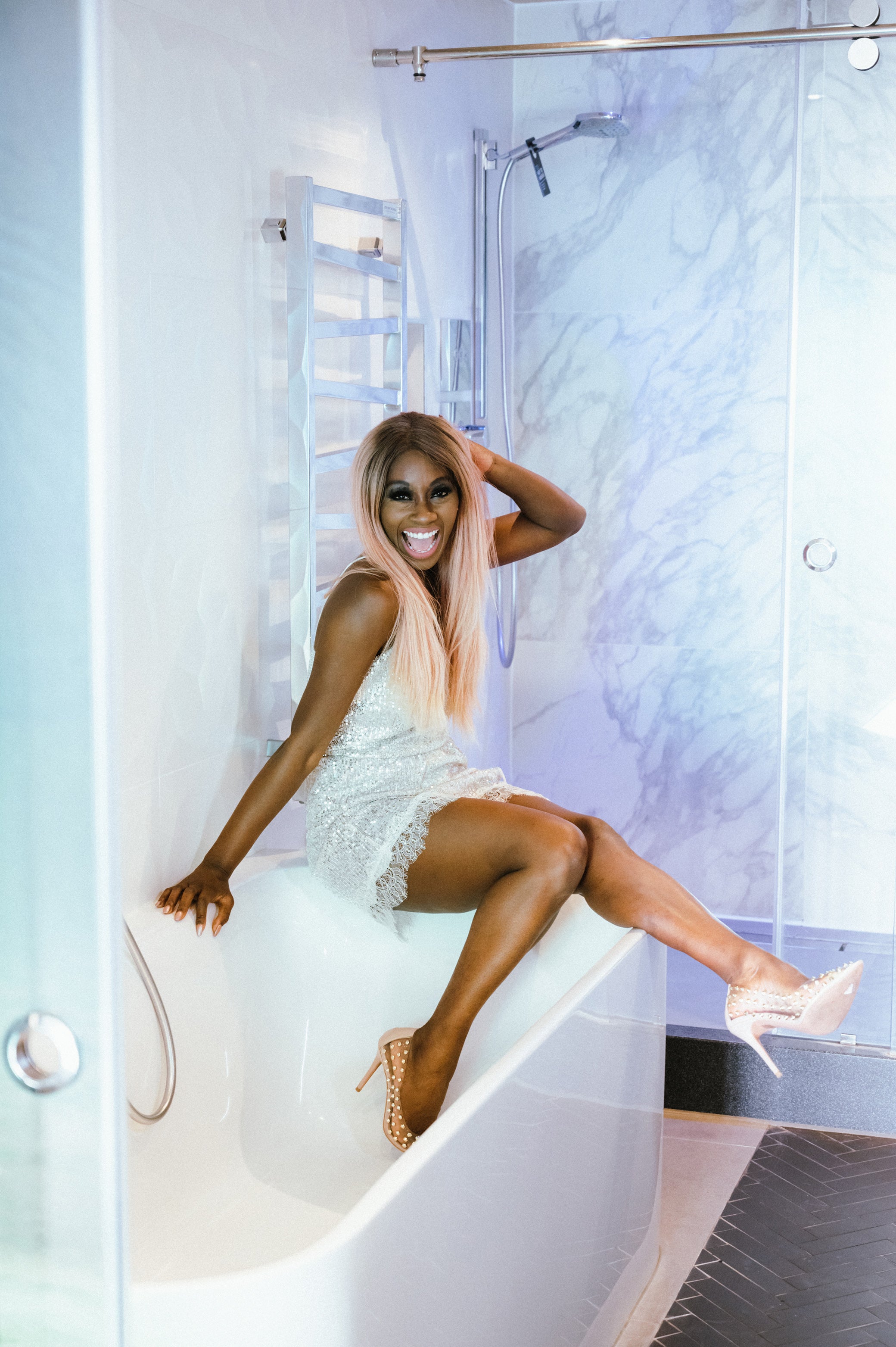
Challenging the Notion of Work-Life Balance: Beyoncé, Brits, and Balancing Acts

When BBC Scotland Radio reached out to me to discuss a new study on work-life balance, I found myself contemplating an age-old debate that feels more pertinent than ever. The study shows that 73% of Brits don't prioritize work, a statistic that highlights the UK's unique perspective on work and leisure.
For those who wonder if it's possible to blend work and life into a fulfilling whole, consider Beyoncé. A business mogul, artist, and mother, Beyoncé seems to defy traditional definitions of work-life balance. As someone who has been quoted saying, "I don’t like to gamble, but if there’s one thing I’m willing to bet on, it’s myself," she personifies the kind of all-in commitment many of us aspire to achieve in both work and life.
Striking Statistics
While Beyoncé may seem like an outlier, the prevailing attitudes toward work in the UK reflect a broader shift:
- 73% of Brits say that work is not very or rather important in their life.
- Just 22% believe work should always come first, even at the expense of leisure time.
- Only 40% of Brits think people who don't work become lazy.
- A mere 60% see work as a societal duty.
The Blurred Lines Between Work and Play
Much like Beyoncé, who seems to effortlessly weave her art, business, and family life together, I have always believed in a well-rounded "work-life blend" rather than a "work-life balance." The essence of life, for me, is found in its integrative aspects.
Consider Bill Gates, who takes two months off each year to read and think deeply, or Seth Godin's perspective: "Instead of wondering when your next holiday is, maybe you should set up a life you don’t need to escape from." Leisure is a highly personal concept, and what constitutes leisure for one might be work for another.
Today, my husband Terrance and I took a break to enjoy coffee at an independent café. The photo we snapped could be interpreted as either work or leisure, but here’s the kicker—I don’t believe in a one-size-fits-all definition of work-life balance.
In conclusion, whether you identify with the 73% of Brits who put leisure first or find more resonance with Beyoncé's holistic approach to work and life, remember that balance is a highly individual concept. The key is to find what aligns with your values and aspirations.
What does your ideal work-life balance look like?
Additional Thoughts 💭
The Privilege of Balance
While it's inspiring to look up to figures like Beyoncé or Bill Gates for their approach to work and life, it's essential to recognize the privilege that allows them such flexibility. These icons have resources that most people can't fathom, enabling them a degree of freedom that many of us might find unattainable.
For the majority, the reality is quite different. Many are working multiple jobs just to make ends meet, unable to take "time off" to dive into personal interests or even spend quality time with family. In such contexts, the very notion of "work-life balance" can feel like a luxury, if not entirely elusive.
Who Can Truly Balance It All?
So, when we discuss work-life balance in the face of staggering statistics like 73% of Brits prioritizing life over work, it’s crucial to question: Who are we really talking about? The flexibility to choose leisure activities over work, or to consider work as optional, often stems from a position of economic security that is not universally accessible.
In a society that still grapples with income inequality, the discussion around work-life balance needs to be more inclusive, accounting for the different realities people face based on their socioeconomic status.


